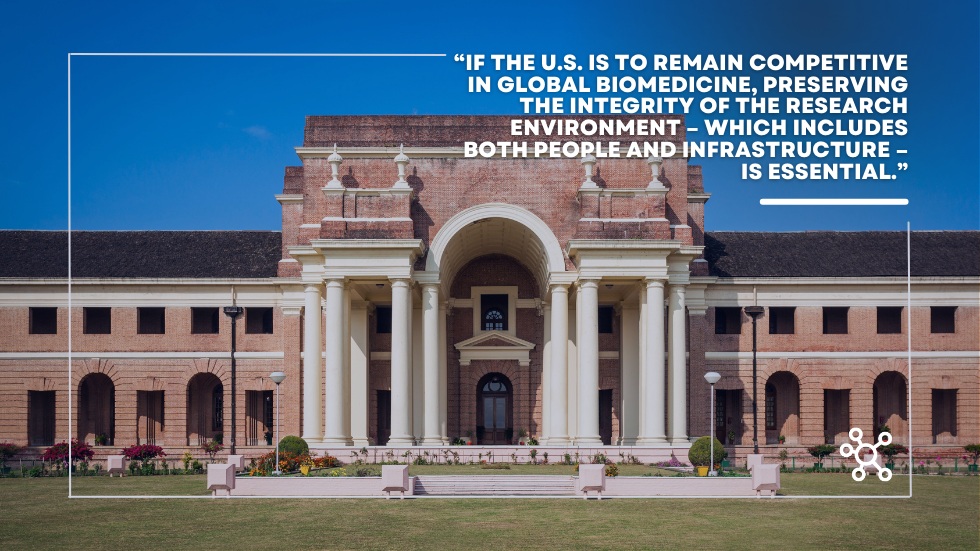Author: Tara Smylie
“Tell me about yourself.”
…Not today! Nowadays, more specific questions for life science candidates are in style – not to mention, far more useful. Instead of ultra-vague cliches, consider carefully thought-out inquiries to really get to know your candidates.
Of course, you can never know for certain how an interviewee will perform based on a short series of questions. That said, some questions are meatier than others, and can get you a pretty good idea of how a candidate might fare if offered the position.
The Four Questions for Life Science Job Candidates
Question 1: What first made you interested in a career in the life sciences?
From reading their resume, you probably already know where a candidate has worked, and what they can do with their knowledge. What you may not have read is the human story behind their choice of career.
Maybe they’ve traveled extensively, and were inspired by the many opportunities for biotech innovation around the world. Or maybe they’ve been reading life science magazines since they were six years old, and have always been fascinated by the potential of technology to save lives. Learning a candidate’s backstory will give you a sense of the passion they would bring to your company, and where it might lead them within their new role.
Question 2: What is the most complex life science project you have worked on? How did you overcome the associated challenges?
There’s nothing like past behavior to help you predict future behavior. That’s why you should ask any candidate about their past experience – ideally, working in a setting that closely mirrors the work environment of the position in question.
If your candidate has experience with large projects like running clinical trials or developing new products, you’ll want to hear about the specifics. Education is great, but it’s their experience, and of course their success stories, that really tell you what they bring to the table.
Question 3: What Do You Know About Our Company, Our Products, and Our Product Pipeline?
Looking to test whether an interviewee has done their homework? This question will speed-track the process. Let’s face it: if they didn’t think to do a quick background check for the interview, they probably won’t be the most thorough workers, either.
Assuming they can answer the question, their response will shed some light on their interests and values as a life scientist. If they have a penchant for a particular product, or a specific reason they’d like to work for you, this question offers them the chance to share.
Question 4: How Would You Improve or Expand Our Current Product/Trial?
Above all, this one is a test of critical thinking. To answer this question well, a candidate will have to think about your business through a big-picture lens. This takes in-depth knowledge of the workings of the biotech/life science industry, both internally and externally, and the ability to apply it to the context of a single company. If your candidate hasn’t prepared for this one, cut them some slack – but if they do land on their feet with an intelligent answer, they definitely deserve bonus points.
Other Important Questions to Ask
At the end of the day, the particular cocktail of interview questions you settle on will depend on what you really need to know. If the position in question will be data-heavy, for example, ask candidates how they go about evaluating new information as it becomes available. If they’d be in charge of enforcing regulations, ask them which ones they feel would affect your current product pipeline.
Depending on the candidate and the role in question, you can also ask about their lab experience, biotechnology experience, and/or their knowledge of a specific technology or lab technique.
Well-Thought-Out Questions, Well-Thought-Out Answers
Choosing a new candidate to onboard is an exciting process! It’s also a scary one – especially when you consider the immense costs of training someone new. Naturally, you’ll want to find the candidate that checks as many important boxes as possible. Specific questions will let you zoom in on those essential areas, leaving less room for vague, useless answers.
If you’re looking to fill a role with a highly qualified candidate, Sci.bio’s recruitment services can help.
References
The Best Biotech and Life Science Interview Questions to Ask Job Candidates





